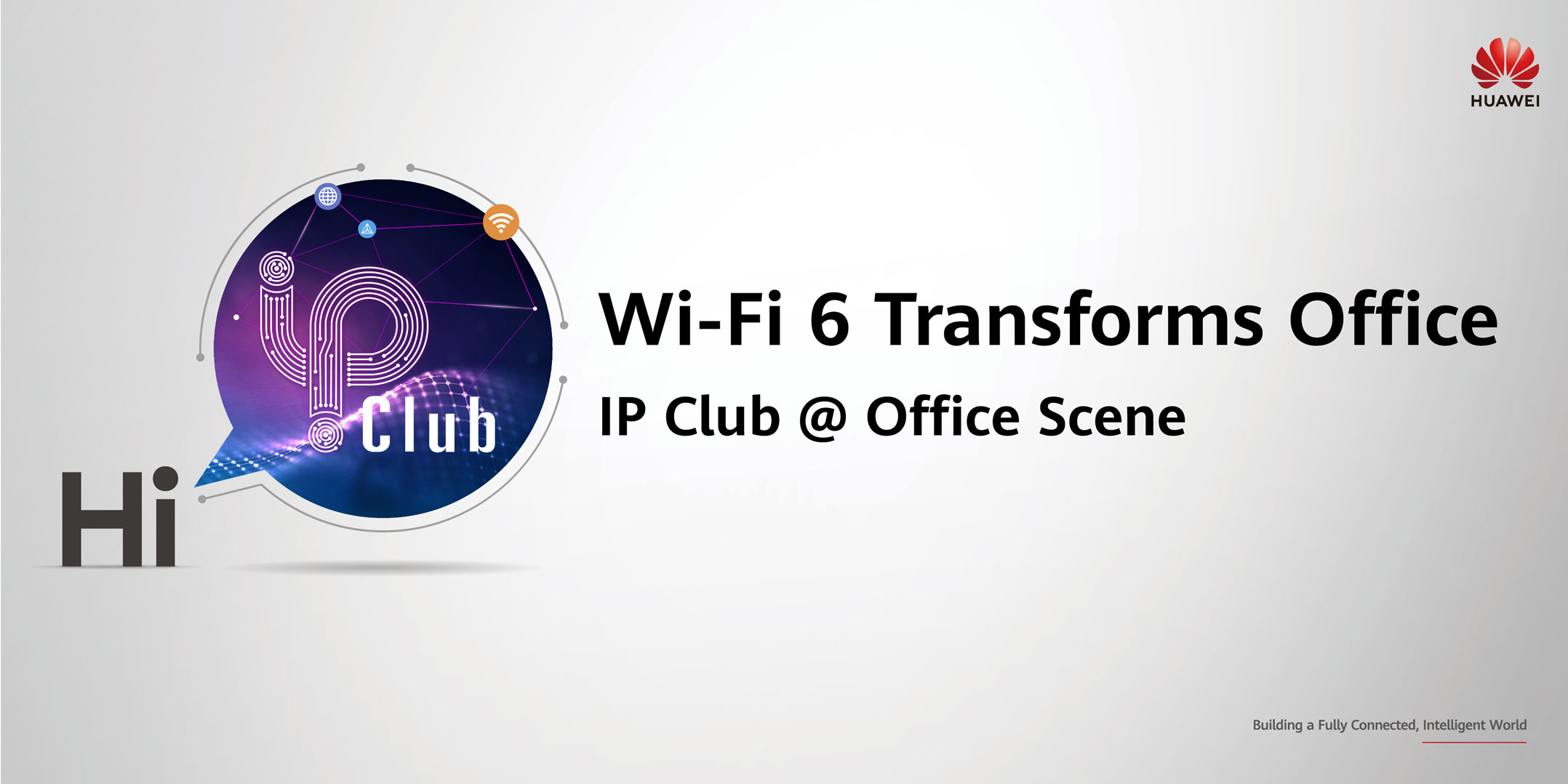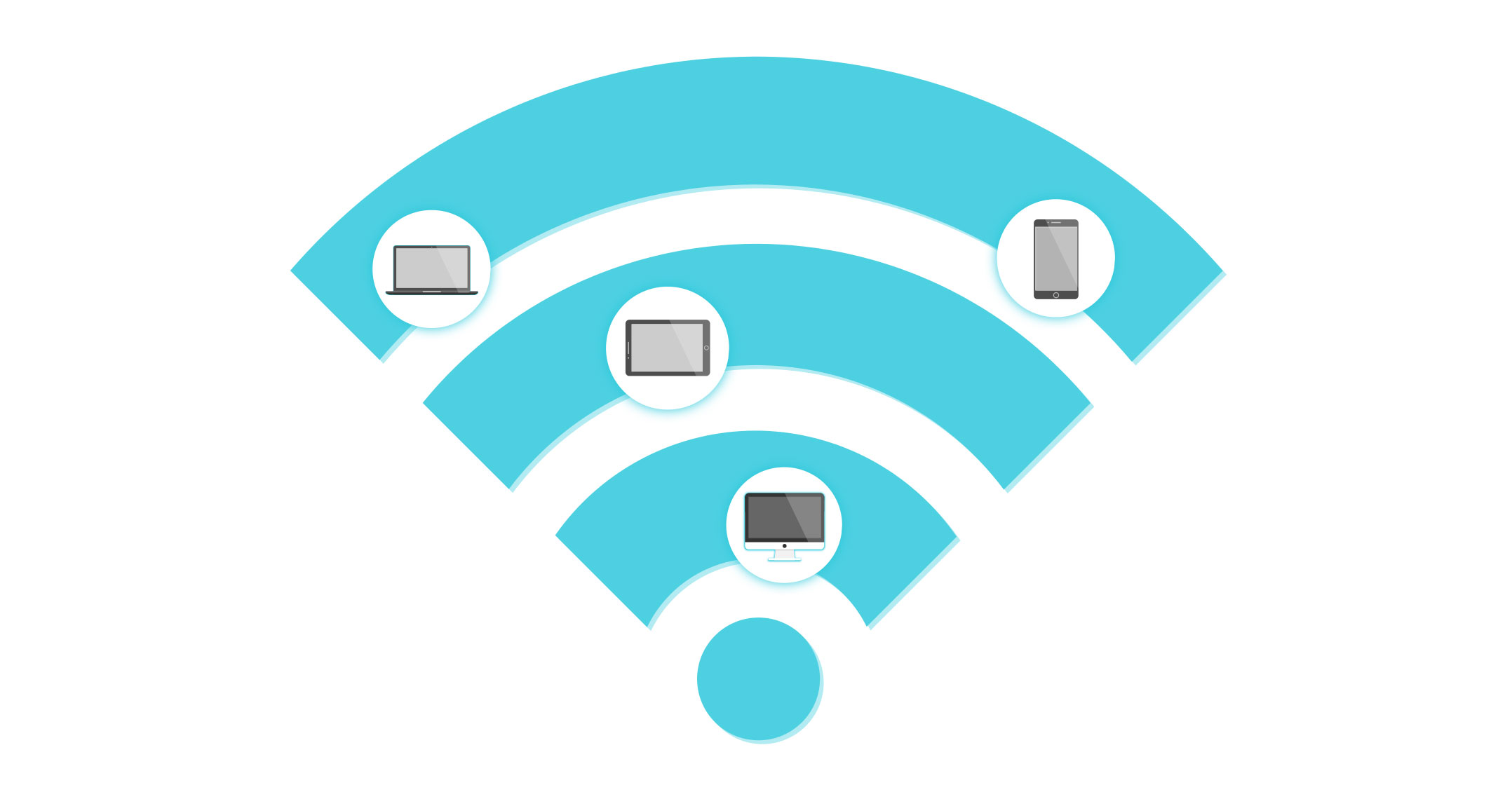 The global pandemic has changed economies, operating models, business strategies and enterprise approaches. From remote working to coronavirus conversation fatigue, the virus is in every corner of every boardroom and discussion. The concerns this raises and the challenges it presents formed the foundations of a webinar hosted by Huawei on Friday, 22 May 2020. Entitled “Wi-Fi 6 Transforms Office”, the webinar examined how the world can weather the storm and the value that high-end, well-tested technology can bring to the South African business.
The global pandemic has changed economies, operating models, business strategies and enterprise approaches. From remote working to coronavirus conversation fatigue, the virus is in every corner of every boardroom and discussion. The concerns this raises and the challenges it presents formed the foundations of a webinar hosted by Huawei on Friday, 22 May 2020. Entitled “Wi-Fi 6 Transforms Office”, the webinar examined how the world can weather the storm and the value that high-end, well-tested technology can bring to the South African business.
The event was led by Liao Yong, president of the Enterprise Business Department, Southern Africa region, at Huawei, who introduced the sheer scale of Huawei’s global operations. With more than 194 000 employees (96 000 of which are dedicated to research and development) across 170 countries and regions, Huawei has made its mark on the global market. Currently, the company is listed as 61 in the Global 500 companies as a leading provider of ICT infrastructure and devices.
“Our goal is to bring digital to every person, home and organisation in the world,” said Yong. “We want to build a fully connected world for the betterment of mankind. We’re bringing ICT products and services into the market that are designed to bridge the gap between the complexities of the virtual world and the stability of the real world. Our solutions span multiple industries and sectors, from government to oil, and we are working with 228 of the world’s top 500 enterprises to enhance their digital transformation strategies.”
It’s an impressive resume that was further cemented by the insights provided by Lyu Han, senior solution architect at the Huawei Enterprise Networking Chief Engineer Office. For him, the key word in the pandemic and in the evolution of next-generation connectivity is “scenario”.
“Not all scenarios can be resolved with a single technology solution,” he explained. “The solutions that are architected for the enterprise depend on its unique migration challenges, its existing network infrastructure and the Wi-Fi scenarios that it faces. Are the walls too thick, is the existing technology incapable of keeping up, are roaming and latency built in? Is it capable of handling the changes in emergent technology such as autonomous cars, drones, or ultra-low latency requirements?”
Wi-Fi 6
These are the questions that Huawei explored in the webinar, examining how 5G and Wi-Fi 5 have not provided the stability or reach required to truly deliver the connectivity that the enterprise needs. For Han, Wi-Fi 6 and 5G outperform other technologies significantly and are crucial to ensuring the seamless integration and operation of technology in the new era. From the traffic of the 4G era of voice and personal networks, 5G introduces the ultimate layers of connectivity that transform it into a commodity.
“Wi-Fi networks are flexible and easy to deploy; with our solutions organisations can easily access networks from multiple locations and within variable situations, and security is baked into the foundations of the solution,” said Han.
Wi-Fi 6 and 5G are not competitive solutions; they’re collaborative. The Huawei Wi-Fi 6 AirEngine, launched in February 2020, is the first access point in the industry to achieve an air-interface data rate of more than 10Gbit/s and has won awards for its ground-breaking approach to connectivity technology. The family of products that fall under the AirEngine umbrella are designed to support the enterprise move towards the campus era, delivering speed, always-on mobility and 100Mbit/s everywhere.
 “We’ve already piloted a smart campus solution here in South Africa with cloud computing, the Internet of things, big data, artificial intelligence, automation and a variety of emergent technologies powering the business lives of those on the campus,” said Matamela Aubrey Mashau, chief technology officer, Network Solutions Sales Department, Southern Africa region at Huawei. “The AirEngine solution, in conjunction with multiple high-end Huawei offerings, has created an intelligent campus that can remotely control the work environment for a more efficient and greener future.”
“We’ve already piloted a smart campus solution here in South Africa with cloud computing, the Internet of things, big data, artificial intelligence, automation and a variety of emergent technologies powering the business lives of those on the campus,” said Matamela Aubrey Mashau, chief technology officer, Network Solutions Sales Department, Southern Africa region at Huawei. “The AirEngine solution, in conjunction with multiple high-end Huawei offerings, has created an intelligent campus that can remotely control the work environment for a more efficient and greener future.”
To underscore the reliability and capabilities of the solution, Sun Liang, director Network Solution Sales Department, Southern Africa region at Huawei, showed some of the stringent testing conditions that Huawei solutions undergo before being released.
“We believe in R&D investment – currently we invest more than 15% of our revenue into R&D, far higher than the industry average, because this ensures constant innovation,” said Liang. “We have 14 research centres around the world, with each one focusing on different things. We ensure that our solutions are optimised to customer requirements, relevant to real-life business needs and robust enough to handle multiple environments.”
The webinar went on to show Huawei employees systematically burning, freezing, shaking, blowing and hitting key equipment to ensure it could thrive in any conditions. The result is a portfolio of products that are suited to the South African climate, designed to meet the complexities of local infrastructure and relevant to organisations that want to change their digital conversations in the pandemic.
To see the systematic freezing and burning of Huawei solutions and to gain an in-depth view of how these solutions can benefit your business, watch the webinar here.
- This promoted content was paid for by the party concerned




